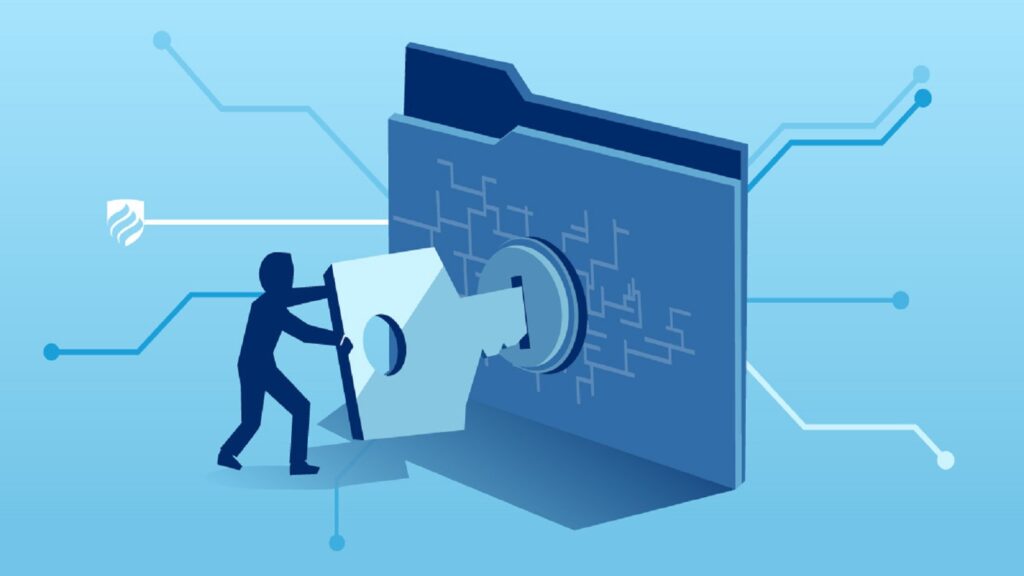Unlocking the Power of Data Privacy and Protection: A Critical Look at Emerging Trends
According to an article in Technology Review, data privacy, and protection are becoming increasingly important as the amount of personal data being collected and stored grows. With cyberattacks and data breaches on the rise, businesses need to take measures to protect sensitive information. The article highlights the importance of encryption, access controls, and regular security audits. Additionally, privacy regulations such as GDPR and CCPA are changing how companies collect, store, and use data. By prioritizing data privacy and protection, businesses can protect their customers’ information, maintain their trust, and avoid costly legal consequences.
Data protection is a very important aspect of any organization. It has become especially relevant with the advent of Blockchain technology and the Internet of Things, where data is collected faster than ever before and needs to be protected. For example, when an individual visits your website or app, they will automatically share information about their computer with you—they might be on their home computer one minute and then on their work computer the next.
Or maybe they’ll use their phone in between those two devices. That’s why it’s so vital that we protect this sensitive information from being leaked into the world (even if it’s by accident). This article will cover some of the critical aspects related to data privacy and protection:
Respect for individuals and Information protection.
Data privacy and protection ensure that individuals’ personal information is kept safe from cyber attacks. This gives the individual a sense of control, which is essential because it helps them maintain their identity. Data privacy and protection should be integral to any company’s business strategy. Without these measures in place, you run the risk of losing your customers’ trust, as well as exposing yourself to legal liability.
Fairness and Transparency.
Fairness and transparency are essential values. They’re key to data privacy and protection principles. Individuals must know how their personal information is used, what it’s used for, who collects it, and how it will be shared. Fairness means that organizations should ensure that their policies are clear and understandable so people can make informed decisions about their privacy rights.
Transparency means organizations should provide information about how they collect data, its purpose, where the data comes from, what happens to it after collection, who has access to it; whether there are safeguards in place such as encryption technology or password protection software programs like McAfee or Norton Security Suite Pro (we’ve got a great deal going on right now!).

Lawfulness, Proportionality, and Accountability.
Data privacy is essential for a number of reasons. First, it will help you instill a culture of data privacy within your organization. In some cases, this may be the first step towards implementing a more holistic approach to security management. Second, it will help you avoid legal consequences for not protecting personal data correctly or in accordance with local laws and regulations. Third, it will allow you to demonstrate that you respect the privacy of others and encourage accountability among your staff members and partners.
Data privacy and protection are essential values to instill within an organization. Privacy is the right of individuals to control who has access to their personal information. Establishing data privacy and protection policies is equally essential if the organizations you establish are going to be successful at collecting, storing, and using data responsibly.
Conclusion
In conclusion, data privacy and protection are essential values to instill within an organization. By implementing these values into your company’s culture, you will be able to put yourself in a position where you can succeed in today’s digital world. For more insightful blogs, visit auxin.io






